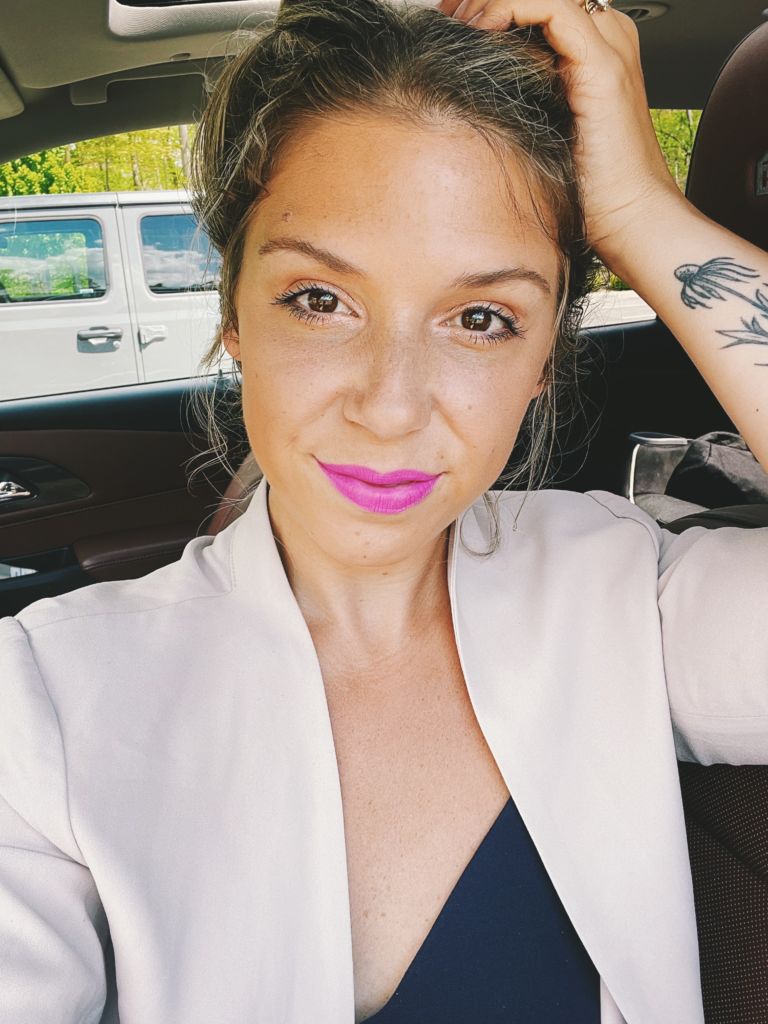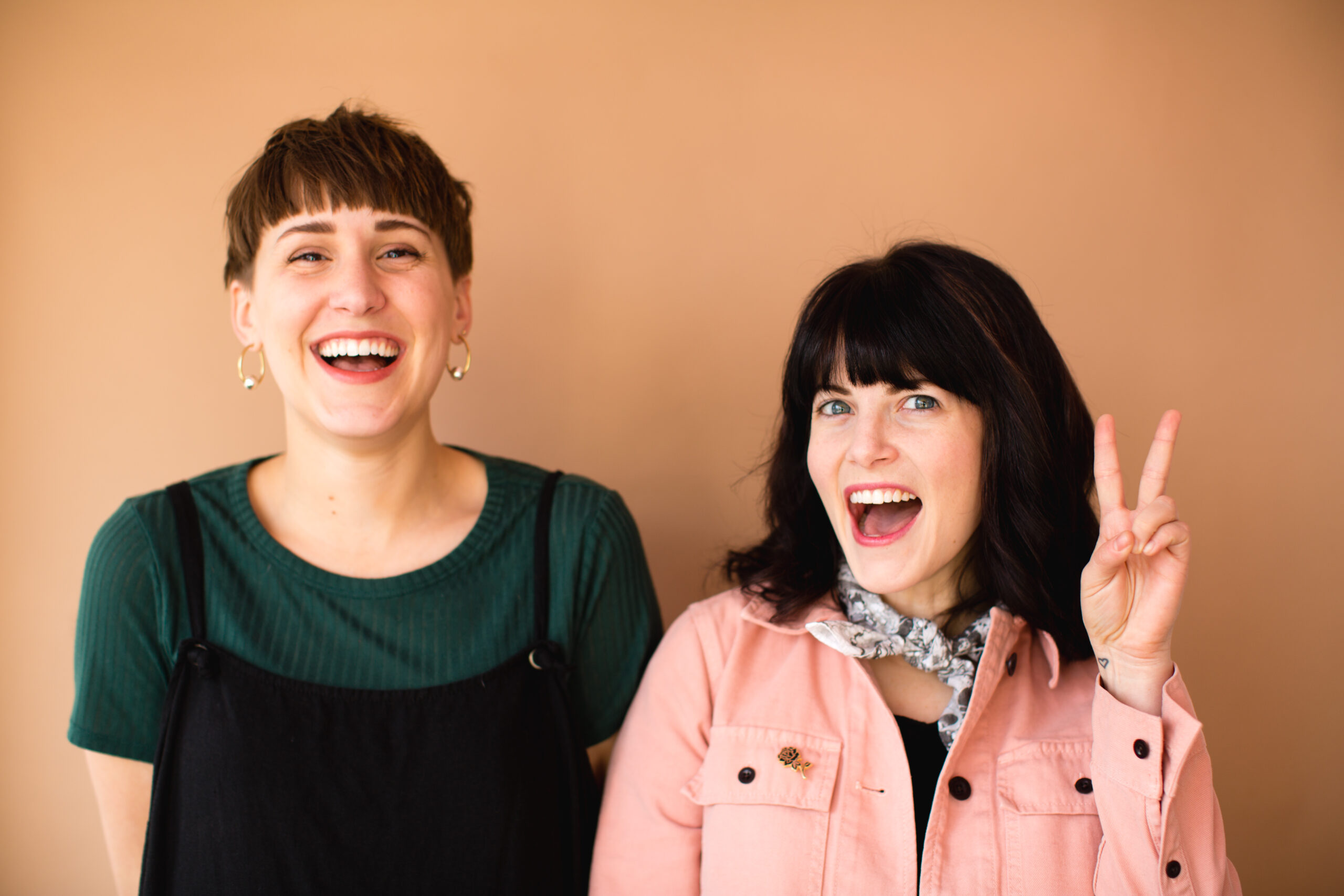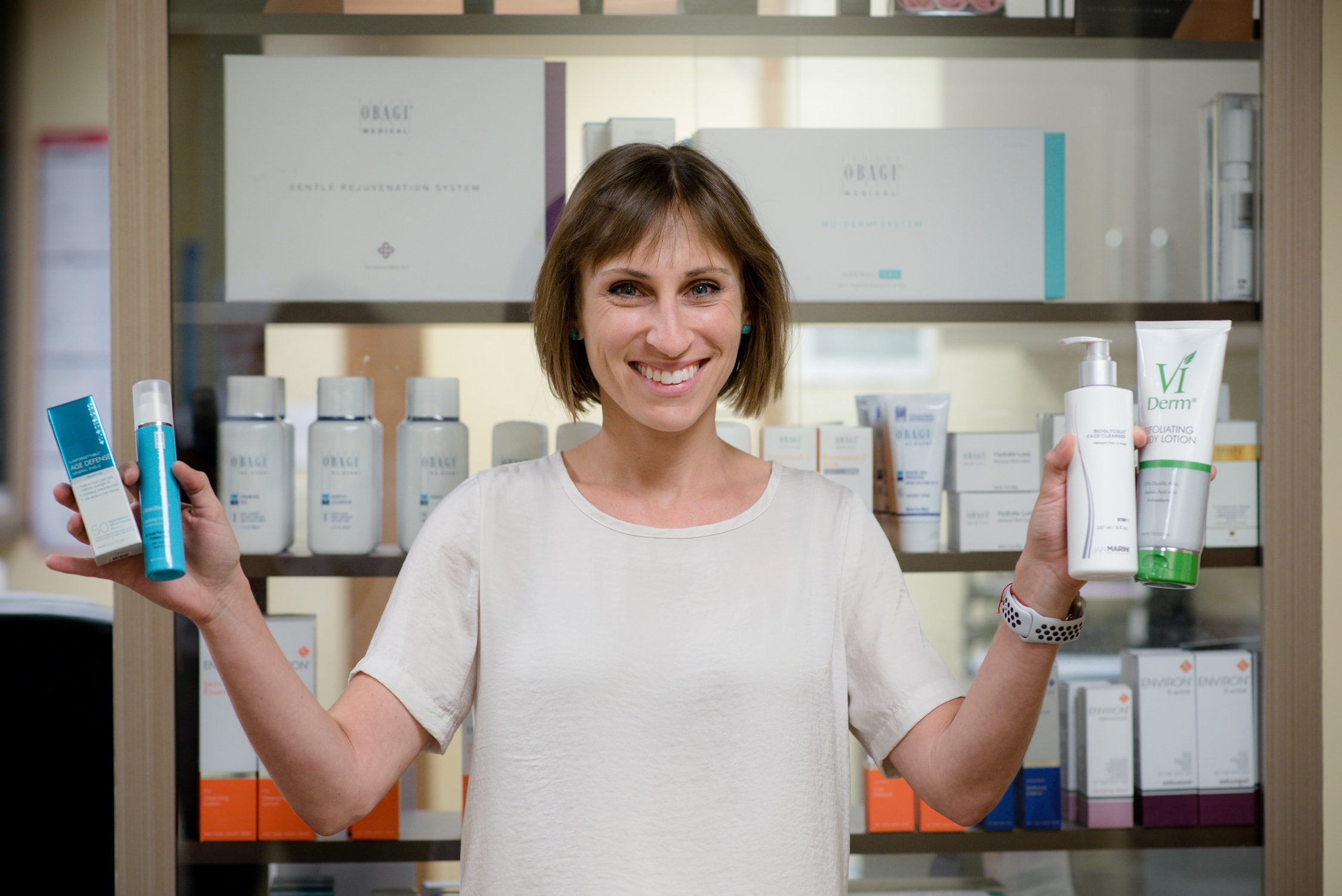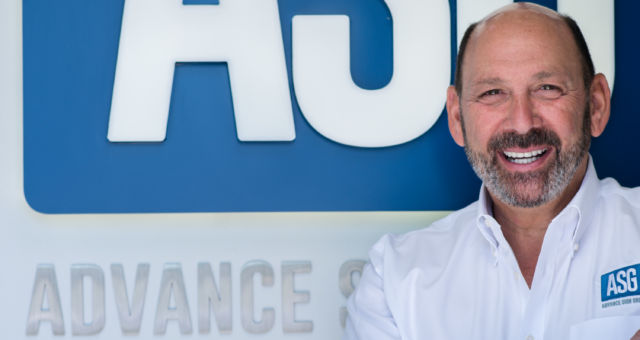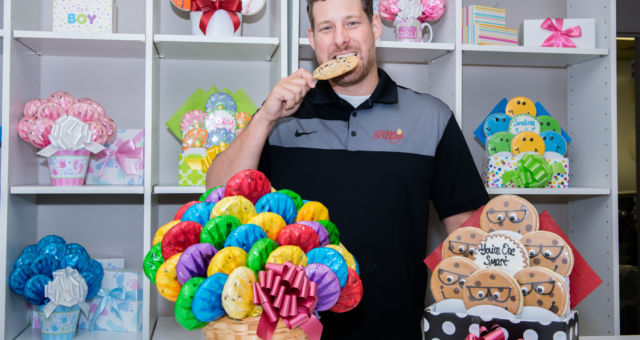As the owner of Big House Photography and co-owner/founder of Flat 51, German Village Maker’s Market, and Pasta Social, Chelsie Casagrande is no stranger to the process of starting a business from the ground up. Since 2014, she has been navigating the tricky terrain of being her own boss and executing her many visions. A firm believer in the interconnected nature of creative businesses, Chelsie’s businesses range from photography to events to digital strategy. Read about why she views continual evolution as the fuel that keeps a business healthy and thriving.
Follow Big House Photography on Social: Facebook | Instagram
Give us a summary of your business in 200 words or less.
My businesses are all a fusion of each other. While I began my career as a photographer, I have been lucky enough to combine forces with fellow creatives to build out additional businesses that infuse life and benefit my photography business while allowing me to expand into events and digital strategy.
How’d you build this network of fellow creatives?
Ever since the first job I had in corporate America, I started making connections with fellow genius creatives I’ve been lucky to learn from. Every person I’m either a co-creator or co-founder with are people I’ve worked with in previous jobs. All of us had the same vision to be our own boss.
What does this process of co-creation look like?
Jen Brown and I both needed a photo studio, so we created Flat 51. We’d met at a company, Portfolio Creative, also founded by two women, which is amazing. It was the most healthy workplace we’d ever worked at. They gave us the brain space to create and expand on our own. So that evolved through a break room conversation and expanded from there.
Pasta Social is also with a former coworker, Alexa Sibberson. She and I both knew that the company we were working at was not in a good place. So we went and got coffee one day and talked about how we could create a backup plan in case we got laid off, which we did. It ended up being a nice transition from there. Pasta Social has been a successful and running business out of the gate, which is very lucky.
 Note: If you’re looking for a space for photos or anything else, check out our list of the Top 10 Event Spaces in Columbus!
Note: If you’re looking for a space for photos or anything else, check out our list of the Top 10 Event Spaces in Columbus!
How did the idea for your business come about?
I believe that all businesses can be multi-faceted, particularly in the creative industries. Whether that be providing functional efficiencies or exciting opportunities for me to create, I believe all creative businesses overlap. As one of my mentors told me, an entrepreneur’s superpower is the ability to create new ideas to make money. I think stagnancy is often what causes businesses to fail.
Are you talking about creating new needs in the market?
Well, needs shift. With Maker’s Market, for example, I saw an opportunity to bring my favorite kind of creatives together to create a unique experience, and Jen felt the same way. We wanted to remain a community with other existing flea markets or art shows while also bringing a blend into that space. It’s that overlap of finding a need or a niche that isn’t quite there in the way that I would’ve done it.
What was a turning point for your business?
I think the business is always evolving. If you’re not faced with challenges, you end up falling stagnant. Some of the things we’ve had to learn have been the hard way. And it’s caused us to be creative in our solutions, or frankly quit.
Those moments are the fork in the road. You either evolve and adapt or the business is going to fail or completely evolve into something new. I think turning points are the best points in business, even though they’re uncomfortable.
What’s an example of a “fork in the road” moment for your business?
To use Big House Photography as an example, Columbus is saturated with a high quantity of quality photographers. So there’s an element of, “Okay, I could be a wedding photographer, a portrait photographer, a commercial photographer… But what is going to differentiate me, before I become consumed by what everyone else is doing?”
I came to that turning point in 2019 when I was bored with my own work. I needed to start shifting and changing and evolving, but also being smart enough to not just hop on a trend bandwagon. In the era of the digital marketing space with Tik Tok, Instagram, and all that, you can easily fall into just doing the trend. What I try to do is to be different. So that’s what I would say is my main photography turning point.
What’s something that makes you different in your photography?
What differentiates me is more so the personal experience people have with me while we are shooting. I love people, that’s my favorite part of working in any capacity. I’m energized by people and the experiences we share together. If I’m going into a shoot, whether it be with kids or headshots with an executive or someone who’s well-known, it’s about the experience. I leave there equally as energized as I hope my clients do.

What does the city of Columbus mean to your business?
Columbus has really great people. There’s something about Ohio people – they’re really hard workers, they’re nice, they want to engage in conversation with you, they’re not too busy… As hardworking and successful as they are, they’re usually not cocky about it. They’re just cool! I’ve traveled around and done photography in other cities, but I’ll always have Columbus as my home. There’s something about the roots of people here.
Are you from Columbus? If not, please explain what brought you here and ultimately what made you stay.
I am, but I’m not trying to flex on that. *laughs*
What’s the number one piece of advice you’d give to someone wanting to start a business?
I’m going to steal the advice that I consistently re-say in my head from one of my mentors: “When you’re learning, that’s the hardest part of your career.” What they mean by that is, when you’re having to learn a lesson in business, it is 99% of the time learning the hard way. Because you don’t know what you don’t know. And sometimes, that can get you in trouble.
I’m going to pack on to another piece of advice I got from another great mentor: If you can keep riding the wave of being an entrepreneur, the rising and falling, recognizing you’ll never plateau, that is your superpower. It’s the ability to keep pressing through even when you’re in a low low.
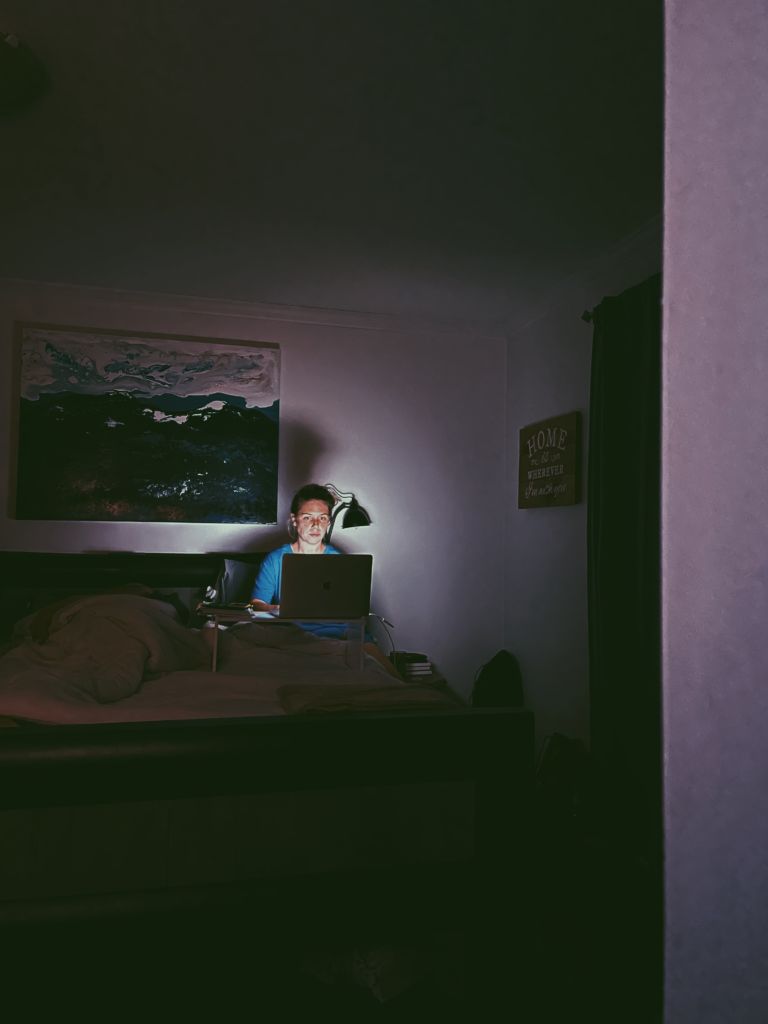
Do you have ways of dealing with the low moments?
This is something I still have to work on consistently. There are three things that help me:
- Recognizing that business is business, it’s not personal. If someone is critiquing my work, I have worked very hard to recognize that’s not a personal attack on me.
- There’s always a solution. Even at your lowest low, there’s always a way out. The way out might be that you do need to shut the business down and move on to something else. But ultimately, freeing yourself of the idea you are trapped in that low is where you find the freedom of finding a solution or exit plan.
- For me, if I’m having a low low, I give myself one small thing a week to treat myself in some way. I have three or four things I do. I have a playlist I always go to from when I was 10 years old in the summer of 1999 – it’s Shania Twain and all the goodness. I just drive with the windows down with that on. Or I will go get an ice cream cone and eat an ice cream cone by myself. Whatever your mini escape is, it doesn’t have to be expensive, just have a little escape when you’re in that low place.
What’s the most challenging part of your business (i.e., what keeps you up at night)?
The things that used to keep me up at night were when I felt like I wasn’t pleasing someone who I was working with. It’s always been about other people.
Every business owner has a flaw. What’s yours?
I’ve always wanted to be the best at everything I do, so there’s some perfectionism there. It’s not healthy, it’s being my own worst toxic boss. I would never treat an actual employee the way I treat myself.
What was the single worst decision you made regarding your business and how’d you recover?
I thought I had the knowledge I needed to make an appropriate decision contractually. I thought I could read through a contract and understand the verbatim and not get myself into a tricky situation. I got burned pretty bad and lost a lot of money. That only happened once, I usually only have to learn a really hard lesson once.
As far as my recovery, I ended up finding a really great small business attorney. Anytime I don’t understand something, I send things his way. He has really helped me with not getting into those situations anymore.
What tool has helped you the most for your business?
- I use 17hats, it’s a project management system. It has all my contracts, invoicing, accounting, scheduling, etc. That’s one of the main tools I use for admin.
- I also use Acuity for Squarespace, it’s a plugin for my website, and it does really great scheduling and analytics.
- The third one is the Everlance app, it’s my tax app, which helps me track everything that I do, expenses, etc.
What is something you’re working on now that you’re very excited about?
I am working on new a project, a completely separate business entity for moms. I’m pumped about it because I really think it’s a need in the market I haven’t seen before. I’m pretty much making it so I can use it *laughs* but hopefully it’ll benefit other parents as well. We’re probably going to have more information on it around fall of this year.

What form of marketing is the most valuable for you?
Social media is where it’s at. Especially for who our target audience is, which is people between the ages of 20 and 70. Everyone’s on there, whether it’s Facebook or Tik Tok. The problem is they’re all in different places.
Who is your best Columbus resource?
Chris Reel of Reel Law Firm: He works with a lot of small businesses. He’s very helpful with making your contracts sound less scary while still being legally appropriate. So he’s good for small business owners.
I also utilize Eric Bisignano with Charitax – He does all my tax stuff and is amazing. He also works with a lot of small businesses and entrepreneurs.
Note: Need help with your own finances? Read our list of the Top 5 Columbus Accountants to find the right person for your business.
What’s one component of entrepreneurship that’s much different than what most people think?
How hard it is. It’s not sexy! People think it’s a sexy, cool thing. It’s a lot of hard work, legal work, paperwork, submitting for things, getting funding… I’m like scrubbing the floors sometimes, it’s not fancy. Whatever you have to do, you do it. That’s the real truth about entrepreneurship, surviving.
What’s your end goal with the business? Is this something you want to pass down to your kids or would you like to eventually sell?
I wouldn’t pass it or sell it, I’ll just keep evolving. And then once the evolution has no more in it, I’ll stop it and start a different business.
What other entrepreneurs do you look up to?
- Jeni from Jeni’s Ice Cream, I’ve been working with her a little more and she’s awesome. She’s super smart, creative, and is like no rules apply, which I love.
- Another two are Kristen Harris and Catherine Lang-Cline, they run Portfolio Creative, and I’ve learned so much from them.
If you had to tell a visitor one thing to do/see/eat in Columbus, what would it be?
We have really great metro parks! It’d be nice to see the nature parks of Columbus – try Chestnut Ridge or Highbanks and get out in nature, because that’s the best place to empty your brain. They’re on opposite ends of town so it gives somebody on each side a choice.

